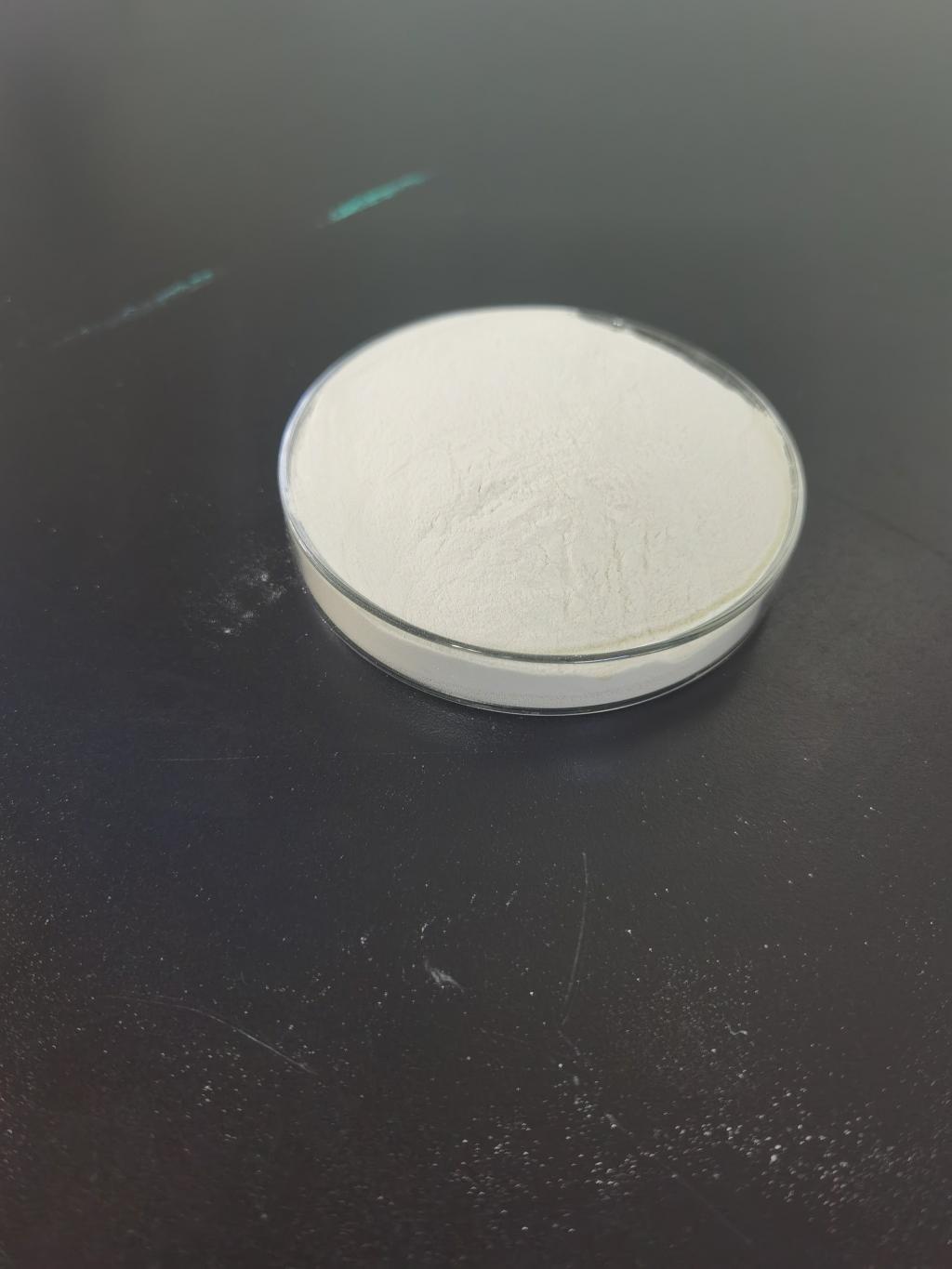Tel:+8618231198596

News
 CONTACT
CONTACT
 CONTACT
CONTACT
- Linkman:Linda Yao
- Tel: +8618231198596
- Email:linda.yao@dcpharma.cn
- Linkman:CHARLES.WANG
- Department:Overseas
- Tel: 0086 0311-85537378 0086 0311-85539701
News
Nisin offers a natural and effective solution for extending the shelf life of perishable foods.
TIME:2024-03-22
Understanding Nisin: Origins and Mechanisms of Action
Nisin is a natural antimicrobial peptide produced by certain strains of the bacterium Lactococcus lactis. It belongs to the class of bacteriocins, which are small, ribosomally synthesized peptides with antimicrobial properties. Initially discovered in 1928 by scientists investigating milk fermentation, Nisin gained attention for its ability to prevent the growth of undesirable bacteria, particularly those responsible for food spoilage and foodborne illnesses.
The mechanism of action of Nisin involves disrupting the integrity of bacterial cell membranes. Upon encountering target bacteria, Nisin binds to lipid II, a precursor molecule involved in bacterial cell wall synthesis. This binding disrupts the cell membrane's structure, leading to leakage of cellular contents and ultimately bacterial cell death. Importantly, Nisin exhibits selective antimicrobial activity, primarily targeting Gram-positive bacteria while sparing most Gram-negative bacteria, including beneficial gut microbiota.
Applications in Food Preservation
The effectiveness of Nisin against a broad spectrum of bacteria makes it an invaluable tool in food preservation. Its applications span various food categories, offering a natural and efficient means of extending shelf life without resorting to synthetic additives. Some notable applications include:
1. Dairy Products
In the dairy industry, Nisin is commonly used in cheese manufacturing to prevent the growth of spoilage bacteria and pathogens. By inhibiting the growth of harmful microorganisms, Nisin helps maintain the quality and safety of cheese products throughout storage and distribution.
2. Meat and Poultry
In meat and poultry processing, Nisin serves as a natural preservative to extend the shelf life of fresh and processed meats. It inhibits the growth of bacteria such as Listeria monocytogenes and Staphylococcus aureus, reducing the risk of foodborne illnesses and enhancing product safety.
3. Ready-to-Eat Foods
Ready-to-eat foods, including salads, sandwiches, and convenience meals, are susceptible to microbial contamination during production and storage. Incorporating Nisin into the formulation of these foods helps inhibit bacterial growth, prolonging their shelf life and ensuring microbial safety for consumers.
4. Beverages
In beverage production, particularly in fruit juices and fermented beverages, Nisin can be used to prevent spoilage by inhibiting the growth of acid-tolerant bacteria and yeasts. This extends the shelf life of beverages without compromising their sensory attributes.
5. Bakery Products
Bakery products, such as bread, cakes, and pastries, often face challenges related to mold and bacterial spoilage. Nisin can be incorporated into dough formulations to inhibit the growth of spoilage organisms, thereby extending the freshness and shelf life of baked goods.
Safety Considerations and Regulatory Approval
Despite its antimicrobial potency, Nisin is generally recognized as safe (GRAS) for use in food by regulatory authorities worldwide, including the United States Food and Drug Administration (FDA) and the European Food Safety Authority (EFSA). Extensive safety evaluations have confirmed the safety of Nisin when used within approved limits, with no adverse effects on human health observed.
However, it is essential to adhere to regulatory guidelines and use Nisin according to approved Good Manufacturing Practices (GMP). This includes maintaining proper dosage levels, ensuring purity and quality of the Nisin preparation, and adhering to labeling requirements to inform consumers of its presence in food products.
Addressing Sustainability Challenges in Food Preservation
In addition to its efficacy in food preservation, Nisin plays a crucial role in addressing sustainability challenges in the food industry. By reducing food waste through extended shelf life, Nisin helps minimize the environmental impact associated with food production, transportation, and disposal. Moreover, its natural origin aligns with consumer preferences for clean-label products, contributing to a more sustainable and transparent food supply chain.
Furthermore, the use of Nisin as a natural preservative reduces the reliance on synthetic additives and chemical preservatives, mitigating potential health and environmental risks associated with their use. This aligns with the growing demand for clean, minimally processed foods with fewer artificial ingredients, reflecting a broader shift towards sustainable food production and consumption practices.
Conclusion: Embracing Nisin for Sustainable Food Preservation
In conclusion, Nisin stands as a natural and effective solution for extending the shelf life of perishable foods while addressing sustainability challenges in the food industry. Its remarkable antimicrobial properties, coupled with its natural origin and regulatory approval for safe use in food, position Nisin as a valuable asset in the quest for sustainable food preservation solutions. By embracing Nisin and integrating it into food production practices, we can enhance food safety, reduce food waste, and promote a more sustainable and resilient food system for future generations.
- Tel:+8618231198596
- Whatsapp:18231198596
- Chat With Skype







